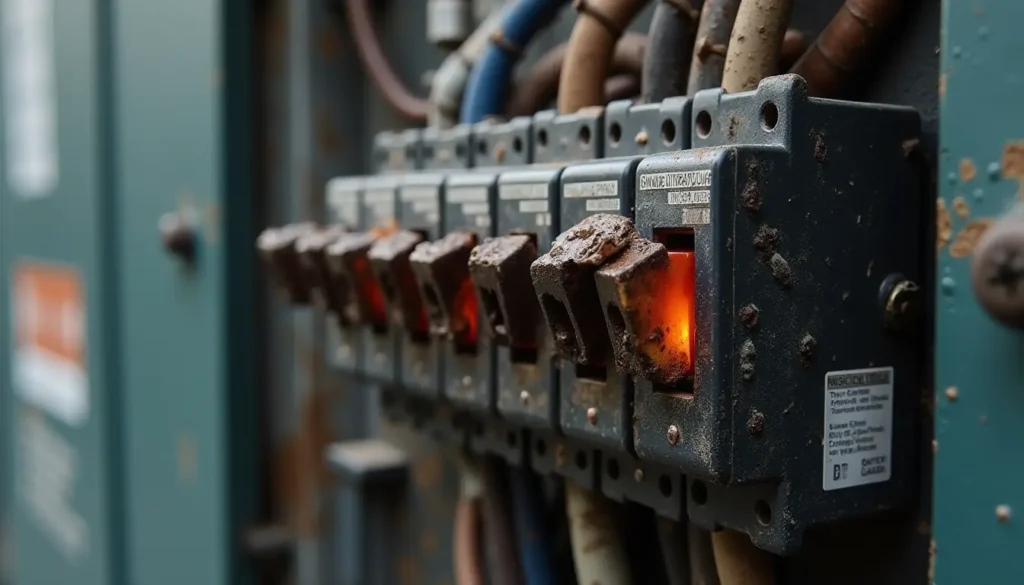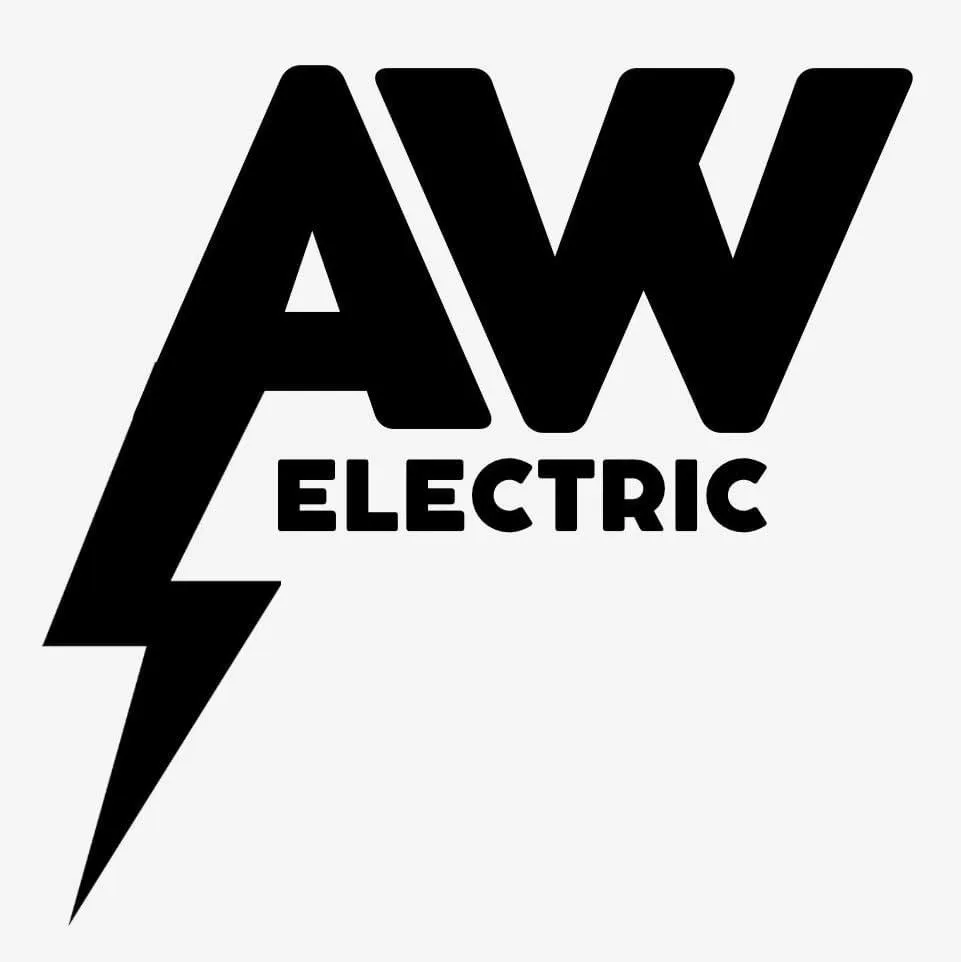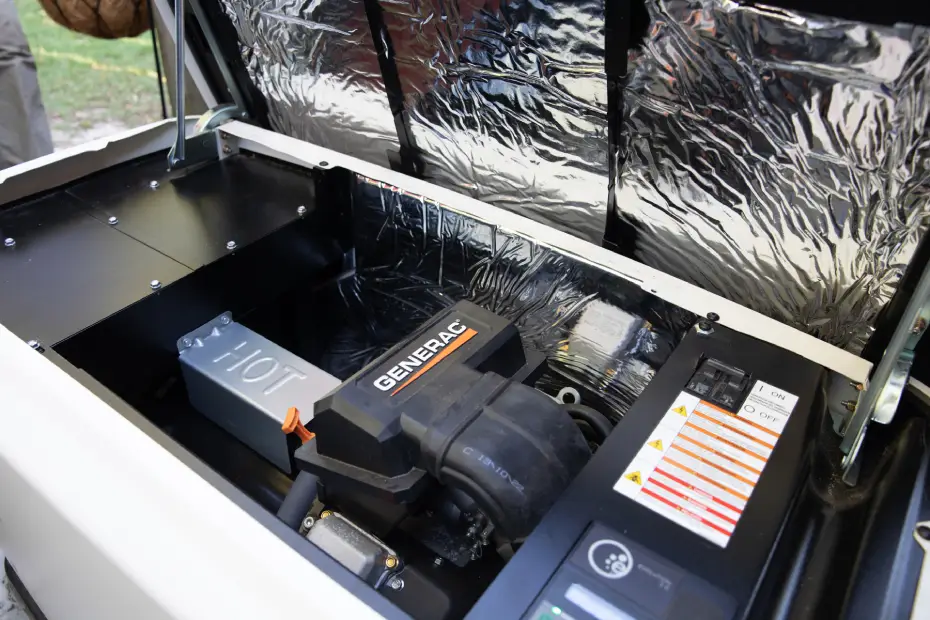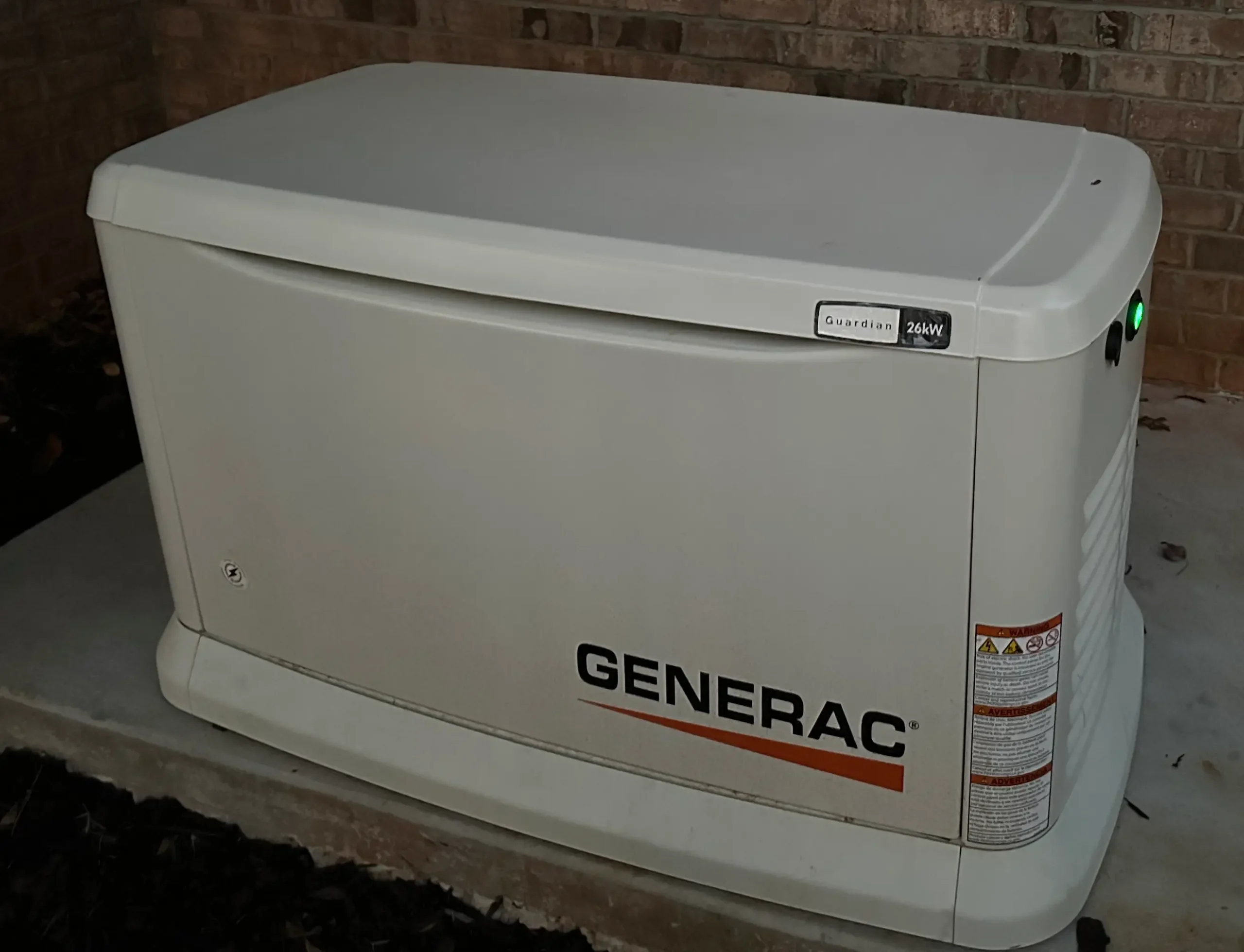
A bad circuit breaker may seem like a small issue, but for businesses in Augusta, GA, it can lead to major disruptions. From unexpected power outages to costly equipment damage, faulty breakers can put your daily operations at risk.
If you’re dealing with flickering lights, tripped breakers, or irregular power flow, you could be facing a bad circuit breaker. In this guide, we’ll cover the warning signs, potential consequences, and most importantly, what you should do next to keep your business powered and protected.
What Is a Circuit Breaker and Why Is It Important?
A circuit breaker is a safety device in your electrical panel that automatically stops the flow of electricity when it detects an overload or fault. In a commercial building, this helps protect expensive equipment, maintain productivity, and reduce fire risks.
When a bad circuit breaker fails to do its job, your system may allow unsafe electrical flow or cut power completely without warning. Either scenario can seriously affect your business operations and building safety.
Common Signs of a Bad Circuit Breaker in Commercial Properties
Not sure if your issue is caused by a failing breaker? Here are the red flags to watch out for:
- Frequent tripping: If a breaker trips constantly without a clear cause, it may be faulty.
- Burning smell near the panel: This is a serious warning sign of internal damage or overheating.
- Visible scorch marks or discoloration: Signs of electrical arcing or heat damage.
- Breaker won’t stay reset: If you reset it and it trips again immediately, the breaker or circuit may be bad.
- Flickering or inconsistent power: This may indicate the breaker is not providing a stable connection.
While some of these symptoms can also result from overloaded circuits, a bad circuit breaker is often the hidden culprit in aging commercial panels.
Risks of Ignoring a Bad Circuit Breaker
Delaying repair or replacement of a failing breaker can cause:
- Unexpected downtime: A sudden loss of power can halt workstations, registers, HVAC systems, and more.
- Equipment damage: Sensitive electronics may short-circuit or experience surges.
- Fire hazards: Overheating or arcing within a breaker panel can ignite nearby materials.
- Code violations: Outdated or unsafe panels can put you out of compliance with Augusta fire safety codes.
In short, the longer you wait, the more risk you assume. That’s why it’s crucial to act fast when signs of trouble appear.
What Causes Circuit Breakers to Go Bad?
Circuit breakers can fail due to:
- Age and wear: Like any mechanical device, they degrade over time.
- Overloading: Running too many high-draw devices on one circuit can wear it out prematurely.
- Corrosion or moisture: Especially in older buildings or humid environments.
- Improper installation: A poorly installed breaker may not function correctly from the start.
- Manufacturing defects: Rare, but still possible, especially in outdated panels no longer up to code.
Regular electrical inspections can help detect these issues before a full failure occurs.
How to Handle a Bad Circuit Breaker in Your Augusta Business
Here’s what to do if you suspect a breaker issue:
- Don’t force it: Repeatedly resetting a bad breaker can make the issue worse or increase fire risk.
- Check for patterns: If the same circuit keeps tripping, note which devices are connected.
- Call a licensed commercial electrician: Only a pro can safely diagnose and replace a bad circuit breaker.
If you’re in Augusta, AW Electric LLC offers fast, professional breaker diagnostics and commercial electrical repairs. We’ll make sure your business stays powered and protected.
Call AW Electric LLC for Breaker Inspections and Repairs in Augusta
If your commercial building in Augusta is showing signs of a bad circuit breaker, don’t wait for a total power failure. AW Electric LLC offers expert diagnostics, panel upgrades, and breaker replacements tailored for businesses and commercial properties.
Our licensed electricians will:
- Pinpoint the issue fast
- Ensure your system is safe and compliant
- Minimize downtime with efficient repairs
Contact us today for a professional electrical assessment and keep your business running smoothly. Visit AW Electric LLC to learn more or schedule a service call.
FAQs About Bad Circuit Breakers in Commercial Buildings
What Are the Main Symptoms of a Bad Circuit Breaker?
Frequent tripping, a burning smell, or visible damage to the breaker are top indicators. If the breaker feels hot to the touch or won’t reset properly, it may be failing. You may also notice power fluctuations or buzzing sounds from the panel. These issues signal that professional inspection is needed right away.
Can a Bad Breaker Damage My Equipment?
Yes, a bad circuit breaker may fail to protect your equipment from power surges or fluctuations. This can lead to data loss, hardware burnout, or permanent system failure. Sensitive electronics, like POS systems or servers, are especially vulnerable. Quick replacement helps prevent costly downtime and repairs.
Is It Safe to Replace a Circuit Breaker Myself?
No, replacing a circuit breaker involves working with live electrical systems and should only be done by a licensed electrician. Mistakes can lead to shock, fire, or incorrect installation. Especially in commercial panels, improper work can also lead to code violations. Always contact a qualified electrician to stay safe and compliant.
How Long Do Commercial Circuit Breakers Last?
On average, circuit breakers can last 20 to 30 years with proper maintenance. However, heavy usage, environmental factors, or outdated equipment may shorten that lifespan. It’s a good idea to schedule annual electrical inspections to assess breaker health. Preventive maintenance is more cost-effective than emergency repairs.
What Should I Do If My Breaker Trips Often?
First, unplug all devices on the affected circuit and try resetting the breaker. If it continues to trip, the issue may be an overloaded circuit or a bad breaker. Do not force it repeatedly, it could cause more damage. Contact an electrician to inspect the system and recommend the proper fix.



